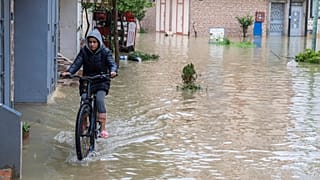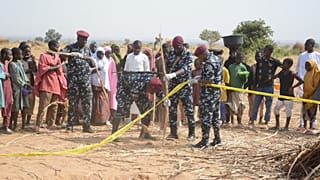Africa
The World Health Organization earlier this week (June 17) reiterated concerns over the rate at which covid-19 exposes women in Africa “to a higher risk of abuse and gender-based violence.”
This comes after hundreds of cases on rape and other forms of violence against women have been recorded in parts of the continent.
Dr. Matshidiso Moeti is WHO regional Director for Africa: “The physical distances associated with home stay orders have affected women’s businesses, their ability to earn a living on a daily basis and, in some cases, have unfortunately exposed women involved in abusive relationships to a higher risk of violence, gender-based violence.”
Bineta Diop is the AU’s special envoy on women peace and security: “The majority of African women are in the informal labour market, losing their jobs and being asked to stay safe at home.
“So, definitively, I can say that the impact of COVID-19 has the face of women in particular on our continent. Because of the situation, they are [more] disproportionately affected than men.”
Analysts say, sexual and gender-based-violence is a hidden ramification of the covid-19 pandemic that will likely cause many women to suffer in silence.
According to the World Health Organisation, 35% of women around the world have already experienced some form of sexual and gender-based violence in their lifetime.
.embed-container { position: relative; padding-bottom: 56.25%; height: 0; overflow: hidden; max-width: 100%; } .embed-container iframe, .embed-container object, .embed-container embed { position: absolute; top: 0; left: 0; width: 100%; height: 100%; }













01:12
Ghana consumer inflation sinks to five-year low
01:35
Foreign women linked to IS in Syria detention camps hope for amnesty
01:55
One year into M23 control, residents are struggling to get by in DRC's eastern capital
02:05
Singing contest in Rio prison offers creative outlet for women behind bars
00:47
US YouTube star IShowSpeed celebrates 21st birthday in Lagos
Go to video
US House passes 3-year AGOA extension but South Africa's inclusion is unclear